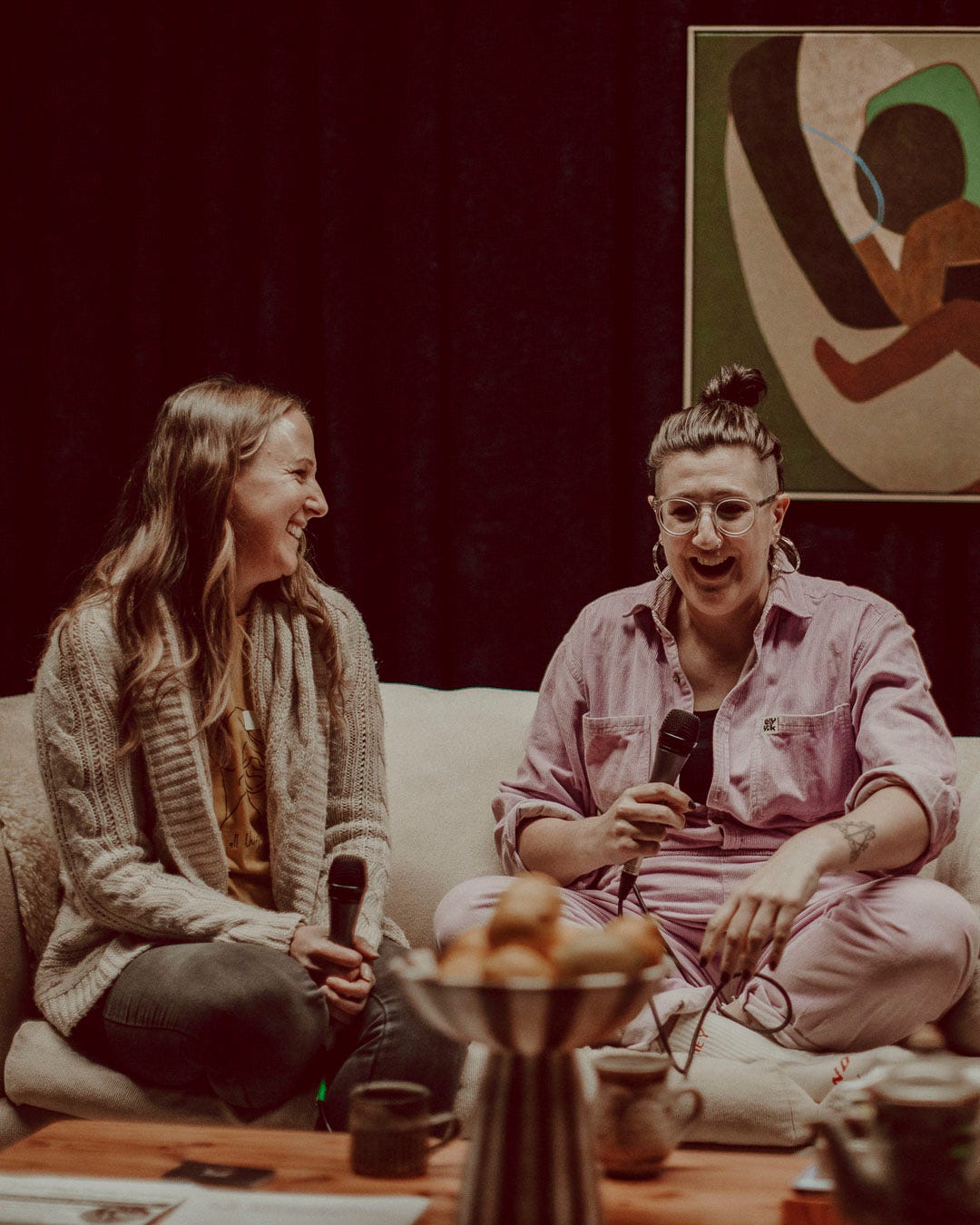A taste of whats ahead...
In more ways than one.
I find it hard to spend time in Facebook groups.
There are times where it feels like a car crash that I just can’t look away from…
There are so many families of disabled children who feel completely lost, have been given completely random (often damaging) information, and my empathy is palpable for the mums posting at 3am (cause that’s when their kiddo starts their day) querying wtaf is ‘parental responsibility’ while aching just to understand what this system (NDIS) is supposed to do and just don’t have any (tangible) signs (yet) that its even going to help their family circumstances improve.
I could spend hours in those groups (we all could) just to let other families know ‘they are not alone’, and reading shocker stories of disappointments, falling through the cracks and the wasted time, energy and resources **it’s truly mind-blowing** of trying to navigate the NDIS.
Don’t get me wrong I will never call myself an *expert*…
There ain’t no Bachelor Degree in navigating governmental systems and dealing with public servants (can you imagine)?
And no one can be an ‘expect’ in such a multifaceted system which interfaces with all other government agencies, spans the width of the country and constantly morphs shape and scope depending on the agenda of the person you’re engaging with.
But I know some stuff.
And I’ve engaged serious specialist training and mentorship over the years to hone in on the needs and experiences of families like mine and kids like mine. I’ve dropped more than ten grand and countless hours in the past year alone, studying and being mentored by some at the top of this game and from inside the system. I’m also mum to a little man with multiple complex diagnoses / support needs who has been an NDIS participant since it rolled out (and worked with the systems prior to NDIS). I live and breathe both sides of the experience.
You might have consulted with Common Ground Disability in the past, or you might be thinking about it in the future.
Either way, my sincerest desire is that what I share will remove the current power imbalance that exists where participants and their families accept the breadcrumbs they’re offered by the NDIA, crappy unethical service providers and by mainstream and community services because they don’t know how to advocate for better (or that they even can).
Huge changes are coming.
Huge. Because the NDIS cannot and will not continue in its current form.
If you know the easiest way through the next 5 or so years is for someone to take the jumbo jumbo profesh talk that comes out of the NDIS PR machine and translate it into digestible and concise plain English so that you can actually understand “WHAT DOES THIS MEAN FOR ME AND MY FAMILY” then you’re in the right place Sis.
Grab your cold cuppa tea that you didn’t get to 3 hours ago and dive in.
X Anna
Hit subscribe and each time I post new content you will be alerted via email.



I realized a long time ago that all of us are standing between two maps - the ‘boundary of the service system’ (which you describe in vivid detail here) and what I call ‘the shoreline of authentic community’, which is inherently far more abundant and easier to navigate if we know how to do it.
The boundary of the service system requires us to define ourselves and our loved ones in the most devastating ways possible in order to prove ourselves deserving of supports - something that I’ve called ‘a game of competitive misery’. But the shoreline of authentic community has a different ‘operating system’, based on invitation, agreement, and a practice of identifying and mobilizing every single person’s gifts.
By the way, the reason I use the term ‘authentic’ is to differentiate that space from so-called ‘community-based services’ in which components of the institutional service system are ground up and parachuted into the ‘stage setting’ of the community in the form of group homes and segregated ‘day programs’.
We do need the valid and rightful contributions that an adaptive service system can offer, and I’ve learned that there can be a right relationship’ - a creative collaboration - between the two maps, but we need to be careful to avoid putting all of our time and energy into navigating the service system at the cost of losing our connection with friends, neighbours, colleagues, and the people with whom we share our interests that lie beyond disability.
Dave Wetherow
https://www.thestarraftproject.com
hi Anna
as someone just getting into the NDIS space (SDA specifically as we are kit home suppliers), and I'm absorbing info like a sponge.
Thank you for the reality hits, great to read